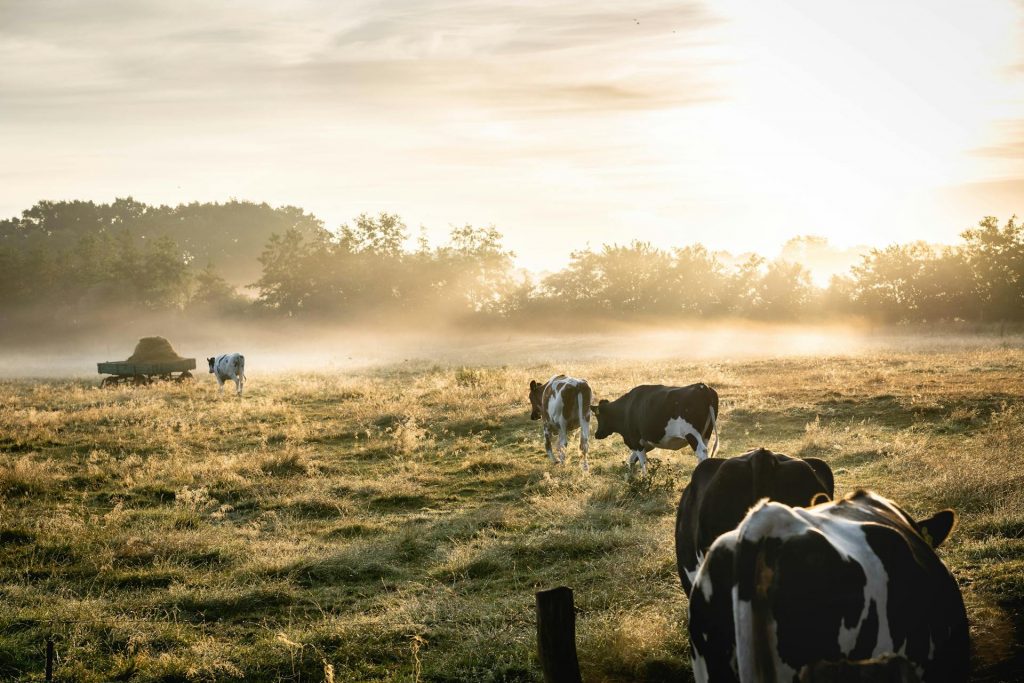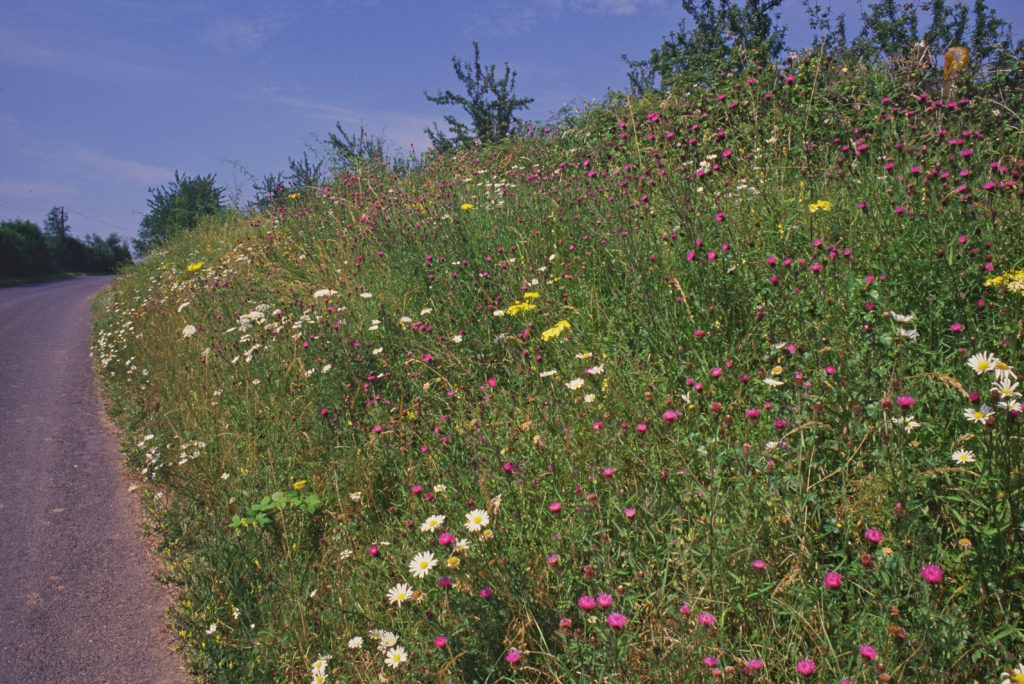
The BBC reports environmental groups have warned that work to boost biodiversity across the UK countryside will be put at risk by the government’s decision to freeze the level of payments to farms in England.
Farmers – already angry at changes to inheritance tax rules announced in the Budget – have been told payments from the public purse will be frozen next year.
The Wildlife Trusts say the decision leaves a “monumental gap” between current environmental land management scheme (Elms) funding and what is needed to help farmers protect and boost wildlife and its habitats, while still producing food.

